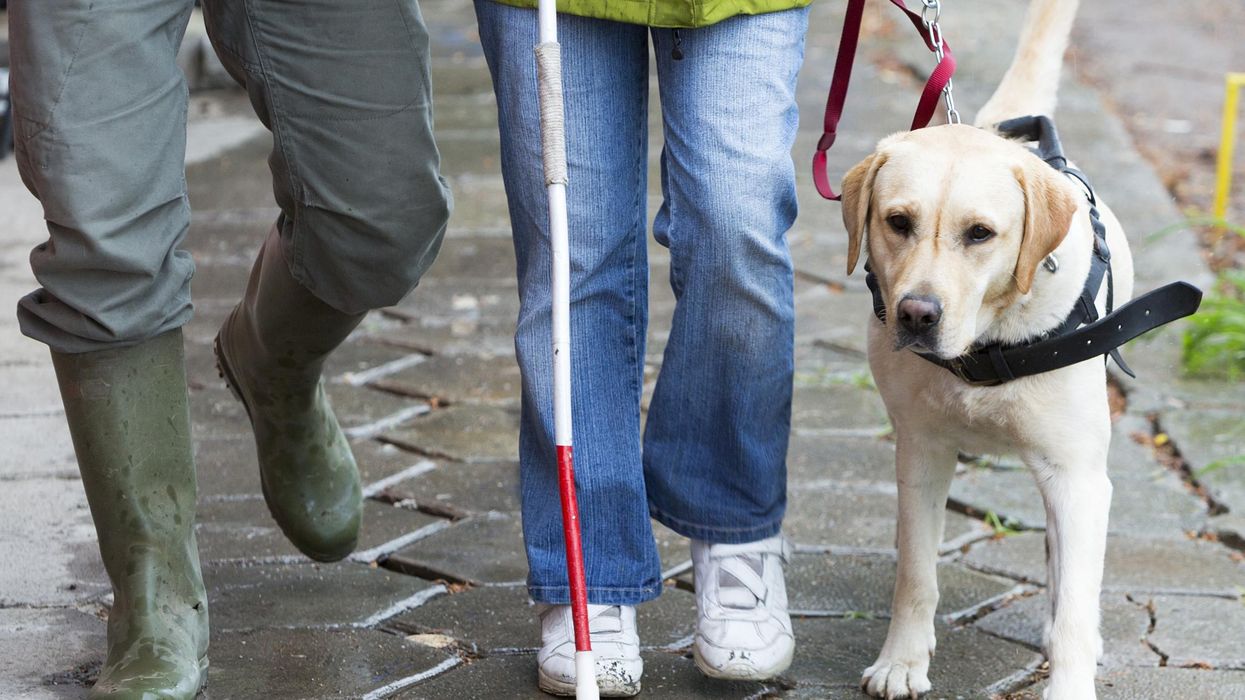Celebrities
Jake Hall
Mar 29, 2018
It’s no secret that the stress of rush-hour can bring out the worst in commuters. Amit Patel, 37, discovered this for himself last week, when he was refused a seat in the disabled section of a Southeastern train despite being blind and accompanied by guide dog Kika.
Understandably, he described the experience as humiliating in an interview with The Evening Standard. Recalling his ordeal, he admitted:
It takes so much not to have that one tear come down my face. I come home and think, 'Does it have to be this hard?'
The ordeal also appears to have been documented in a series of tweets from an account set up in the name of Kika.
This isn’t the first time Patel was the subject of terrible treatment on the tube. In February, Kika’s GoPro captured the moment a commuter ordered him to move on an escalator despite travelling with his guide dog.
Unfortunately, priority seats are still treated as a suggestion as opposed to a requirement. Southeastern, for example, has Priority Seating cards and badges, but it only takes the refusal of one grumpy passenger to complicate the lives of people who truly need assistance.
The train company apologised and promised to roll out clearer priority seat signage in the future, but there are other improvements needed to make life easier for disabled people on public transport, especially in London.
BBC journalist Ellis Palmer this month featured in an extremely informative video which documented his experiences of navigating the London tube as a wheelchair user.
He specifically homes-in on the £600million upgrade of Tottenham Court Road tube station, intended to make it fully step-free and accessible. But this turns out to be a misnomer; even with the refurbishment, the 22cm gap between the train and the platform makes it impossible for wheelchair users like Ellis to physically get off without requesting help.
He states that this is often the case: of 270 tube stations in London, only 72 are step-free and only 50 are fully accessible.
Most of us may complain about rush hour, but the reality is that even boarding a busy tube without worrying is a luxury not all of us enjoy.
The experiences of Patel and Palmer demonstrate that, despite these frequent improvements in transport, there is still more work to be done.
Top 100
The Conversation (0)














